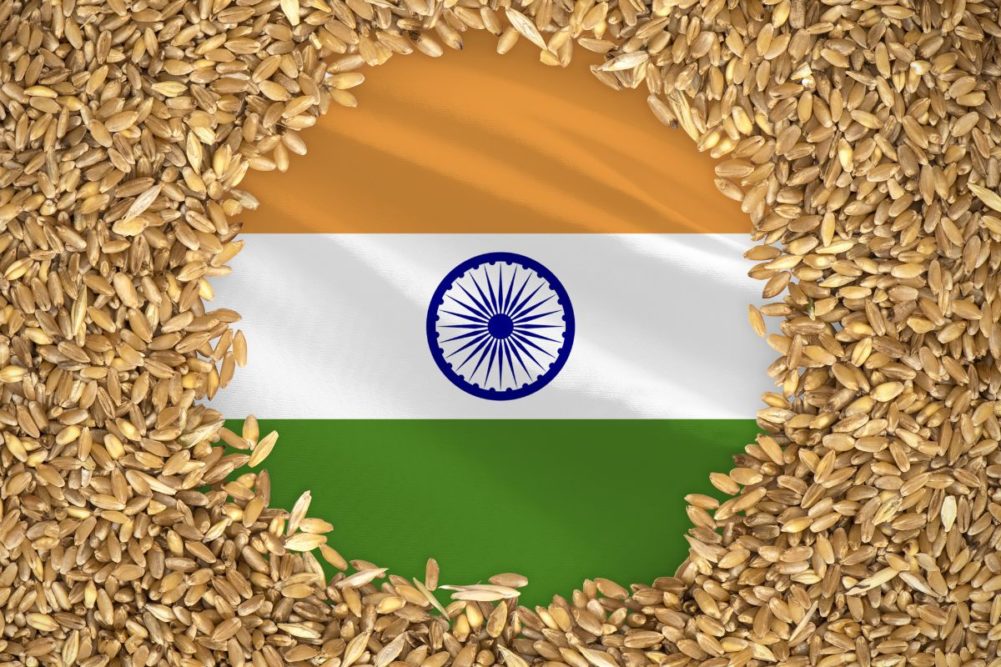NEW DELHI, INDIA — India is prepared to sell more wheat from its national stockpiles on the open market in an ongoing effort to control prices that have reached eight-month highs, Reuters reported, citing the the nation’s food secretary.
With 1.4 billion people, India is the world’s second-largest producer and consumer of wheat after China. The government has been keen to bring down food prices in anticipation of the country’s peak festival season. Wheat prices have increased by nearly 4% in September as supplies shrink in the face of strong demand for the coming festivals, traders said.
“There’s no shortage of wheat in the country, and all options are open for the government to control prices,” Food Secretary Sanjeev Chopra said on the sidelines of a wheat millers meeting.
The government could sell more wheat to bulk consumers, such as flour millers and biscuit makers, to stabilize prices, he said.
India this month reduced the limit on the amount of wheat stocks that wholesalers and large retailers are allowed to hold to only 2,000 tonnes of wheat, down from the previous limit of 3,000 tonnes.
In August, Reuters reported that India would release 5 million tonnes of wheat and 2.5 million tonnes of rice from government reserves as wheat prices rose 12% during the previous four months.
The Foreign Agricultural Service (FAS) of the US Department of Agriculture projects India’s production for the 2023-24 marketing year at 108 million tonnes, which would be higher than the 104 million tonnes estimated for 2022-23. It sees ending stocks at 8.5 million tonnes, which is lower than last year’s total of 9.5 million and well below the record of 19.5 million two years ago.
Households and local restaurants account for 80% of the wheat consumed as atta (whole wheat flour) and maida (white flour). About 12% to 15% of wheat is used in the production of raised bread, biscuits and other bakery items. Wheat is a main staple cereal in central and northwest India, which are the traditional wheat growing regions, according to the FAS.





